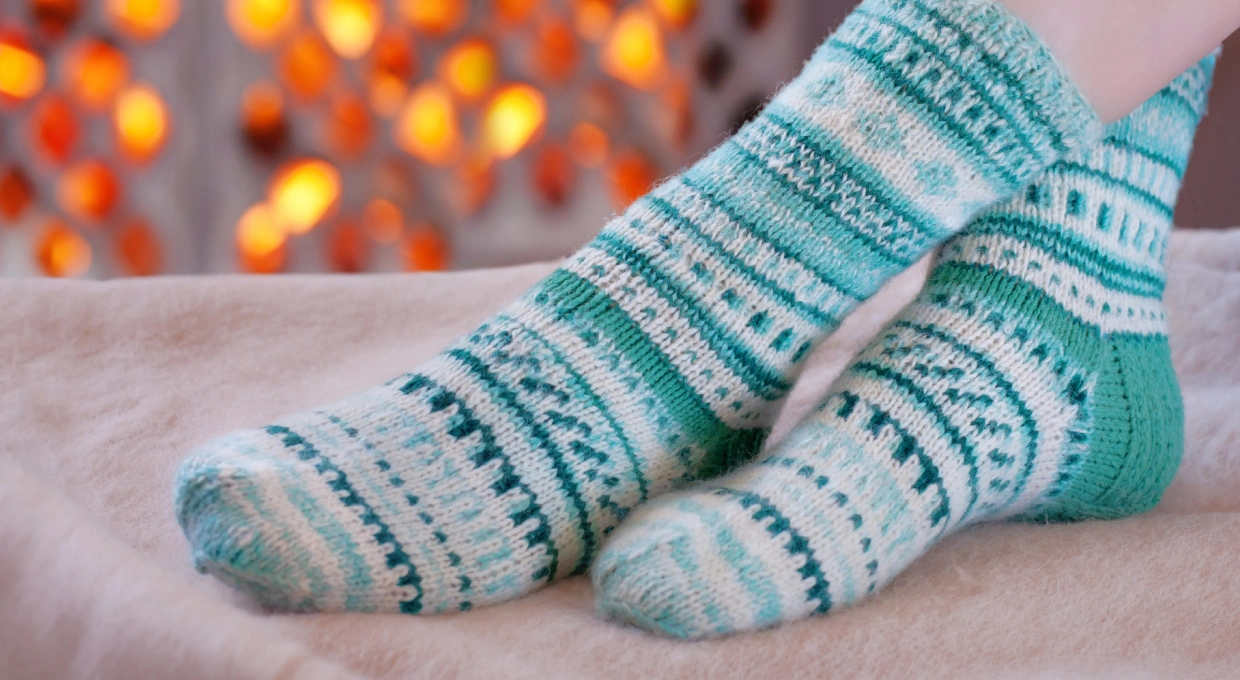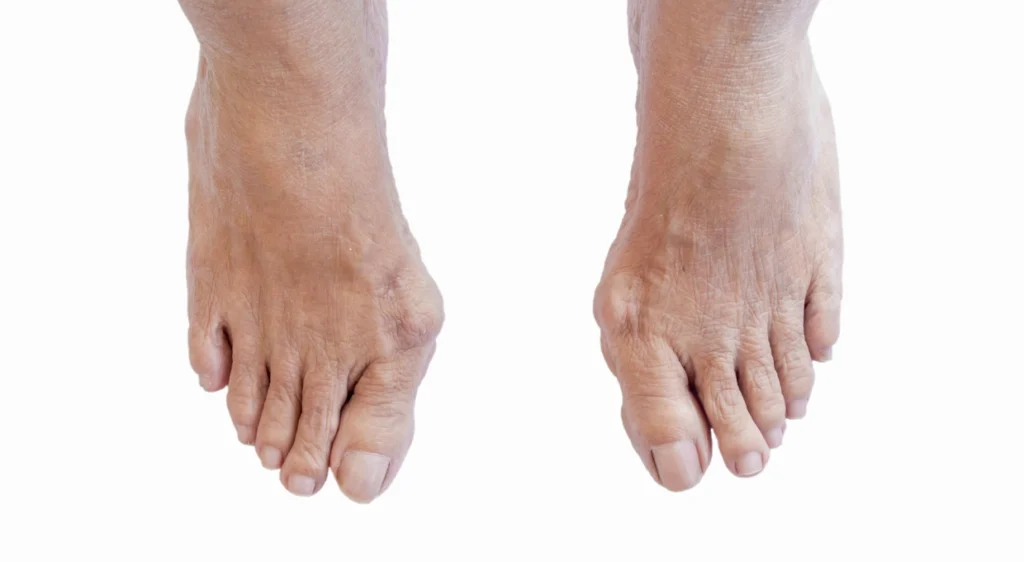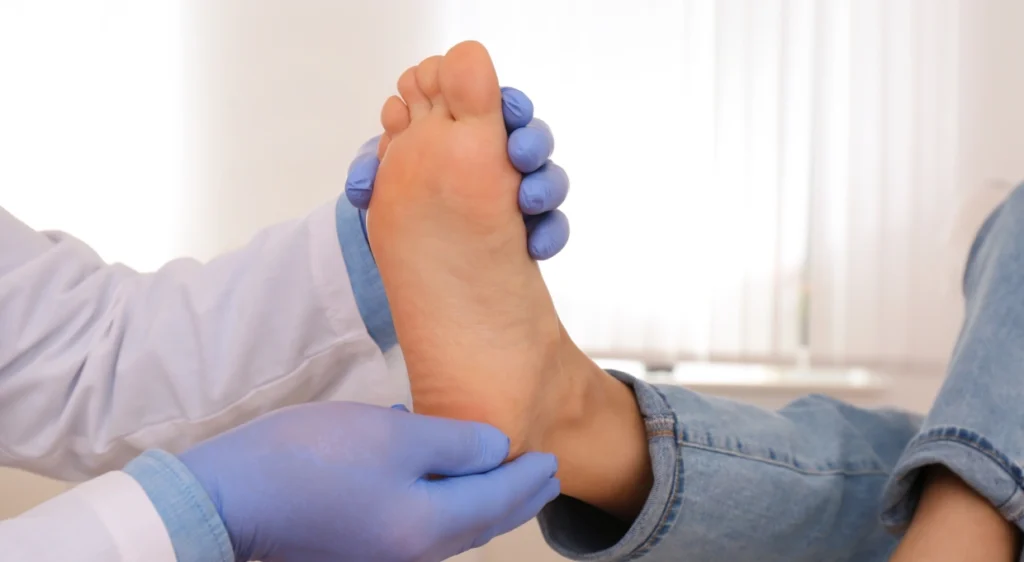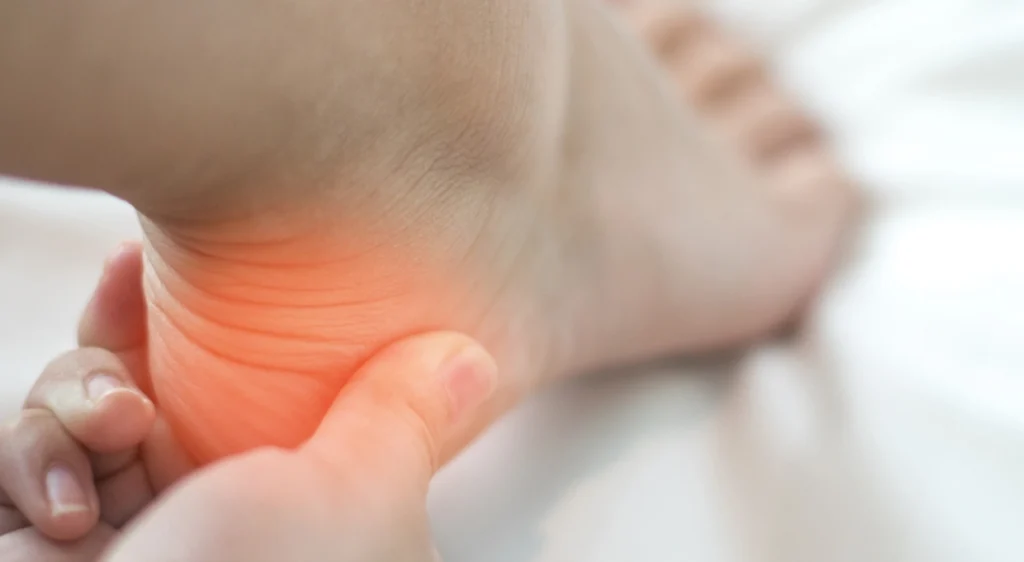Feeling cold feet is a common experience, especially during the winter months. However, when the feeling of cold feet becomes persistent, it may be indicative of an underlying problem that requires attention. In this article, we will explore why feet feel cold, the possible causes and what can be done to keep them warm and healthy.
Why Do Feet Feel Cold?
Cold feet can be a sign that the body is conserving heat in its vital organs, restricting blood flow to the extremities. Although this is a normal body response to cold, there are other reasons why feet may feel cold even in warm environments or when there is no apparent cause.
Common Causes of Cold Feet
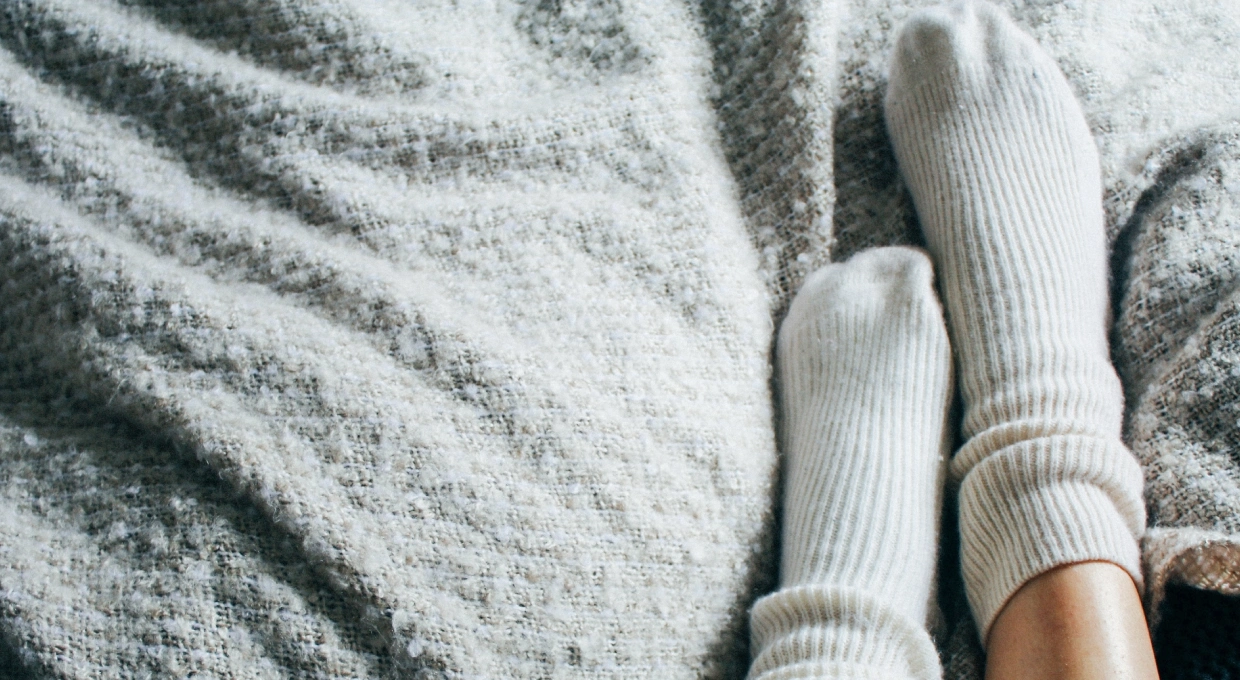
1. Poor Circulation
Poor circulation is one of the most common causes of cold feet. When blood flow is limited, less blood reaches the extremities, resulting in the sensation of coldness. Poor circulation can be caused by health problems such as atherosclerosis, in which arteries harden and narrow, limiting blood flow.
2. Raynaud’s disease
Raynaud’s disease is a disorder that affects the blood vessels in the extremities, causing them to temporarily constrict in response to cold or stress. This reduces blood flow to the feet, causing them to become cold and pale or even blue.
3. Diabetes
People with diabetes may experience circulation problems that result in cold feet. Diabetic neuropathy, nerve damage caused by high blood sugar, can also affect the sensation in the feet, making them appear cold when they are not.
4. Hypothyroidism
Hypothyroidism, a condition in which the thyroid gland does not produce enough hormones, can lead to decreased metabolism and reduced heat production in the body, resulting in cold feet.
5. Anemia
Anemia, which is a lack of sufficient red blood cells or hemoglobin in the blood, can reduce the body’s ability to carry oxygen, which can cause the feet to feel cold, among other symptoms.
6. Stress and Anxiety
Stress and anxiety can trigger the body’s “fight or flight” response, in which blood is directed to vital organs, leaving the extremities cold.
7. Sedentary Lifestyle
Lack of physical activity can contribute to poor circulation, resulting in cold feet. People who spend a lot of time sitting or standing without moving may experience this condition.
Consequences of Cold Feet
Having chronically cold feet is not only uncomfortable, but can also lead to other health problems. If left untreated, poor circulation can lead to foot ulcers, infections or even in severe cases, gangrene. In addition, cold feet can be a sign of underlying medical conditions that need attention.
What Can You Do to Avoid Cold Feet?
1. Staying Active
Regular exercise helps improve circulation, which can help keep feet warm. Even something as simple as walking can improve blood flow to the extremities.
2. Wear Appropriate Clothing
The use of thermal or wool socks and appropriate footwear that keeps the feet dry and insulated from the cold is essential to prevent heat loss in the feet. During the winter, it is important to ensure that the feet are always well protected from the cold.
3. Warm Water Baths
Soaking the feet in warm water can help improve circulation and warm the feet quickly. This method is especially useful for people with Raynaud’s disease or poor circulation.
4. Avoiding Tobacco
Smoking constricts blood vessels, which can worsen circulation. Quitting smoking is one of the best ways to improve the overall health of your feet and keep them from getting cold.
5. Controlling Stress
Relaxation techniques, such as meditation and yoga, can help reduce stress, which in turn can improve circulation and keep feet warm.
6. Consult a Physician
If cold feet are a persistent problem, it is important to consult a physician to rule out underlying conditions such as diabetes, Raynaud’s disease or thyroid problems.
Conclusion
Cold feet can be a symptom of a number of conditions, from circulation problems to more serious disorders such as diabetes or hypothyroidism. Staying active, wearing appropriate clothing and managing stress are some of the ways you can help keep your feet warm and healthy. However, if this condition persists, it is critical to seek the guidance of a specialist to address any underlying issues. At Clinica San Roman, we are committed to the health of your feet and offer customized solutions to keep them in optimal condition.
